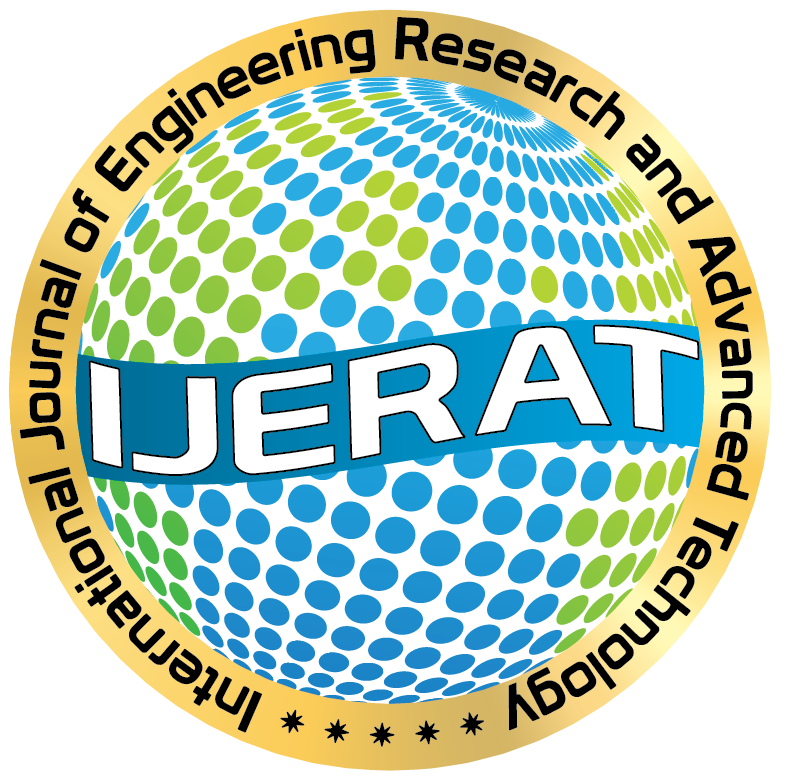Total Productive Maintenance (TPM) Implementation to Improve Machine Efficiency
DOI:
https://doi.org/10.31695/IJERAT.2023.9.7.1Keywords:
Equipment Effectiveness, Mean time to Repair, Productive Maintenance, Toyota Production SystemAbstract
The company focuses on producing quality products by implementing the Toyota Production System, known as TPS. The current constraint is the absence of maintenance on the Leak Test, thereby reducing production profits caused by high engine damage. This also causes the average repair time for the Leak Test Model 4L45W engine to be above the repair target set by the company, where the company targets an average repair time per month of 12 minutes. For this reason, corrective steps are needed so that the production process runs smoothly according to operational standards. This step involves proposing the implementation of Total Productive Maintenance (TPM). It is known that the average Overall Equipment Effectiveness (OEE) Leak Test machine in June–August was 60.09%. The Japan Institute of Plant Maintenance (JIPM) stipulates that if the OEE value is equal to 60%, it indicates that there is a lot of room for improvement. After implementing Total Productive Maintenance (TPM) on the Leak Test in September, the OEE value rose to 94.33%, and the average monthly repair time met the company's target of 9.2 minutes. This greatly affects the cost of production due to lower production costs due to overtime. This indicates improvement, and the first step in the proposed implementation of the Total Productive Maintenance Machine Leak Test model 4L45W is said to be successful.
References
Downloads
Issue
Section
License
Copyright (c) 2023 Novera Elisa Triana, Sakti Aji Lesmana

This work is licensed under a Creative Commons Attribution-NonCommercial 4.0 International License.









